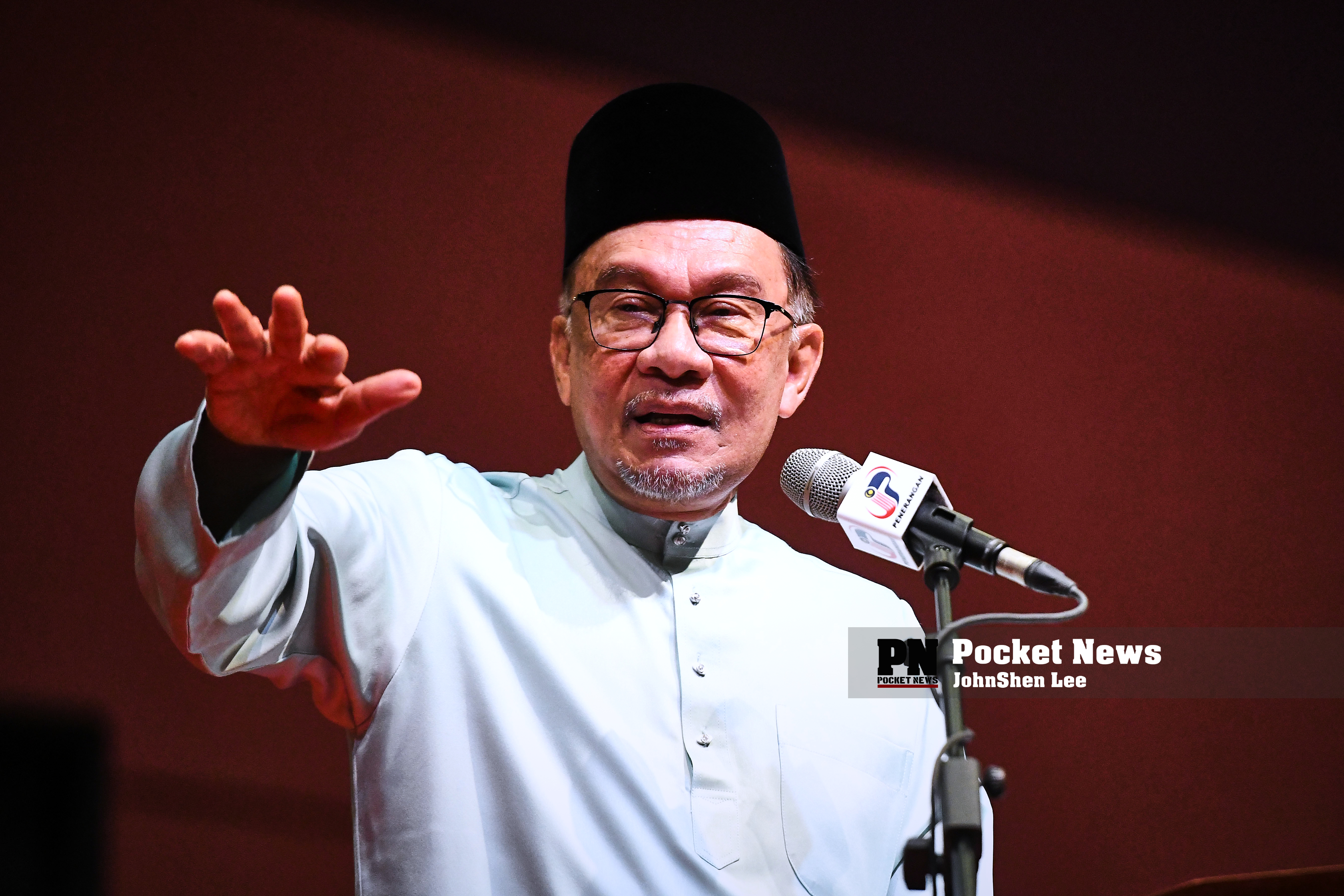
UNITED STATES, March 16 – Donald Trump won the Republican of the presidential primaries in Florida, North Carolina and also Illinois on this Tuesday, scoring with the biggest prize of the race so far and driving Florida Sen. Marco Rubio out of the race.
But Ohio Gov. John Kasich prevailed over Mr. Trump on his home turf, while Texas Sen. Ted Cruz was battling the front-runner in Missouri. The results ensure that the Republican race will continue and increases the odds that Mr. Trump will not win the 1,237 delegates he needs to claim the nomination before the Republican convention in July.
“What we all thought would never happen—a convention fight—now has a better-than-even chance of occurring,” said Republican pollster Neil Newhouse, who advised a super PAC backing former candidate Jeb Bush. “We haven’t seen a presidential election like this before, and we’re unlikely to see one like it again.”
Speaking to CNN by phone after securing his first win of the Republican contest, Mr. Kasich thanked the people of Ohio for their support, noting that he had won three statewide races in Ohio in a row. He said they will have one more to go this fall when they beat Hillary Clinton here. He also said that this is the little engine that can. He said this about his campaign.
Mr. Rubio emerged shortly after polls closed to announce that he was ending his campaign. He said his campaign was ill-timed for a year dominated by anger and resentment. Mr. Rubio said they are on the right side, this year we will not be on the winning side. He said while this may not have been the year for a hopeful and optimistic message about our future, he remain hopeful and optimistic about America.
It was a day of reckoning for the GOP establishment, which had targeted the winner-take-all contests in Ohio and Florida as the best chance to crimp the New York businessman’s momentum. Anti-Trump groups have plowed more than $35 million into attack ads, with the biggest share, $16 million, airing in Florida, according to Federal Election Commission reports.
“If he wins both states, he’s on a glide path to the nomination—a bumpy glide path, but a glide path nonetheless,” said Republican polling expert Neil Newhouse, who worked for a super PAC backing ex-candidate Jeb Bush. “Attack ads aren’t going to overcome the amount of frustration that we’re seeing in the primary voters.’’
Mr. Trump scored an early win Tuesday in the Republican caucuses on the Northern Mariana Islands and was expected to earn all nine of the territory’s delegates. More than half of the total delegates to the Republican convention will be awarded when the votes in Ohio, Florida, Missouri, Illinois and North Carolina are tallied on Tuesday.
Before Tuesday’s votes, Mr. Trump had earned 460 delegates, compared with Texas Sen. Ted Cruz’s 370. Mr. Rubio is in third place with 163, and Mr. Kasich has 63. Florida will award Mr. Trump all of its 99 delegates, while Ohio will give Mr. Kasich its 66 delegates.
Mr. Cruz aimed to upset Mr. Trump in Missouri and jockeyed for a share of the delegates in North Carolina and Illinois. He also campaigned in Ohio and Florida in recent days with the hope of siphoning votes from Messrs. Kasich and Rubio to land a coveted one-on-one matchup against the New York businessman.
Meanwhile, Mr. Trump, with a Tuesday call to Senate Majority Leader Mitch McConnell (R., Ky.), is sending signals he is ready to step into the role of presumptive nominee. “We had a good conversation,” Mr. McConnell said. Mr. McConnell said he raised the issue of physical violence at Mr. Trump’s rallies and said he told him, “It might be a good idea to condemn that…..no matter what the source.”
Mr. Trump’s continued rise comes despite harsh condemnations from the last two Republican nominees, Mitt Romney and John McCain. The GOP establishment has appeared powerless in the face of the pro-Trump populist uprising. And a convention nomination fight could provoke a backlash from his supporters and deepen divisions within the Republican Party.
“That could be very self-destructive for Republicans,” said Bill Nojay, a New York lawmaker and leading Trump supporter in his home state. “Do we want to waste time fighting among ourselves or unify behind Mr. Trump and focus on what’s important, which is beating Hillary Clinton?’’
In a sign that some Republicans are resigned to him as the nominee, a new super PAC was launched Tuesday to protect GOP majorities in Congress at a time when Mr. Trump’s inflammatory rhetoric is tainting the party’s image, the group’s founders said. As voters went to the polls Tuesday, the Conservative Bridge super PAC began sending fundraising emails to millions of Republicans around the country.
Unlike other groups formed in response to Mr. Trump’s rise, Conservative Bridge is not trying to intervene in the presidential race. Instead, the group is acting preemptively to try to boost vulnerable Republicans in down-ballot races with an untested candidate like Mr. Trump at the top of the ticket.
“We are operating on the assumption that Donald Trump will be the presidential nominee,” said Arizona-based political consultant Bert Coleman, who is among four Republicans at the group’s helm. “We think the presidential campaign as a whole, in particular Trump’s harsh rhetoric, has damaged the Republican brand, and the name of the game is now turning out Republican voters in November.”
Earlier Tuesday, Mr. Kasich said he plans to offer more detailed critiques of Mr. Trump’s policies and conduct on the campaign trail. Mr. Kasich told reporters after voting Tuesday in his hometown of Westerville that he would be “forced going forward to talk about the way this campaign has been run by some others, by one other in particular.”
“But today is not the day to do that,” added Mr. Kasich, who has avoided negative attacks. In the meantime, Mr. Kasich is also scheduled to campaign Wednesday in Pennsylvania. He is also planning to stump in Utah on Friday ahead of its March 22 caucuses.
The face-off between Mr. Kasich and Mr. Trump in Ohio was a particularly pointed test of whether the 2016 GOP electorate can be persuaded to support an experienced, accomplished politician despite widespread disgust with establishment party leaders.
Many of Mr. Kasich’s supporters expressed admiration for his record of leading the beleaguered state out of a dire economic slump. But the popular governor managed to win despite the attraction many constituents had to Mr. Trump’s anti-establishment siren call.




















